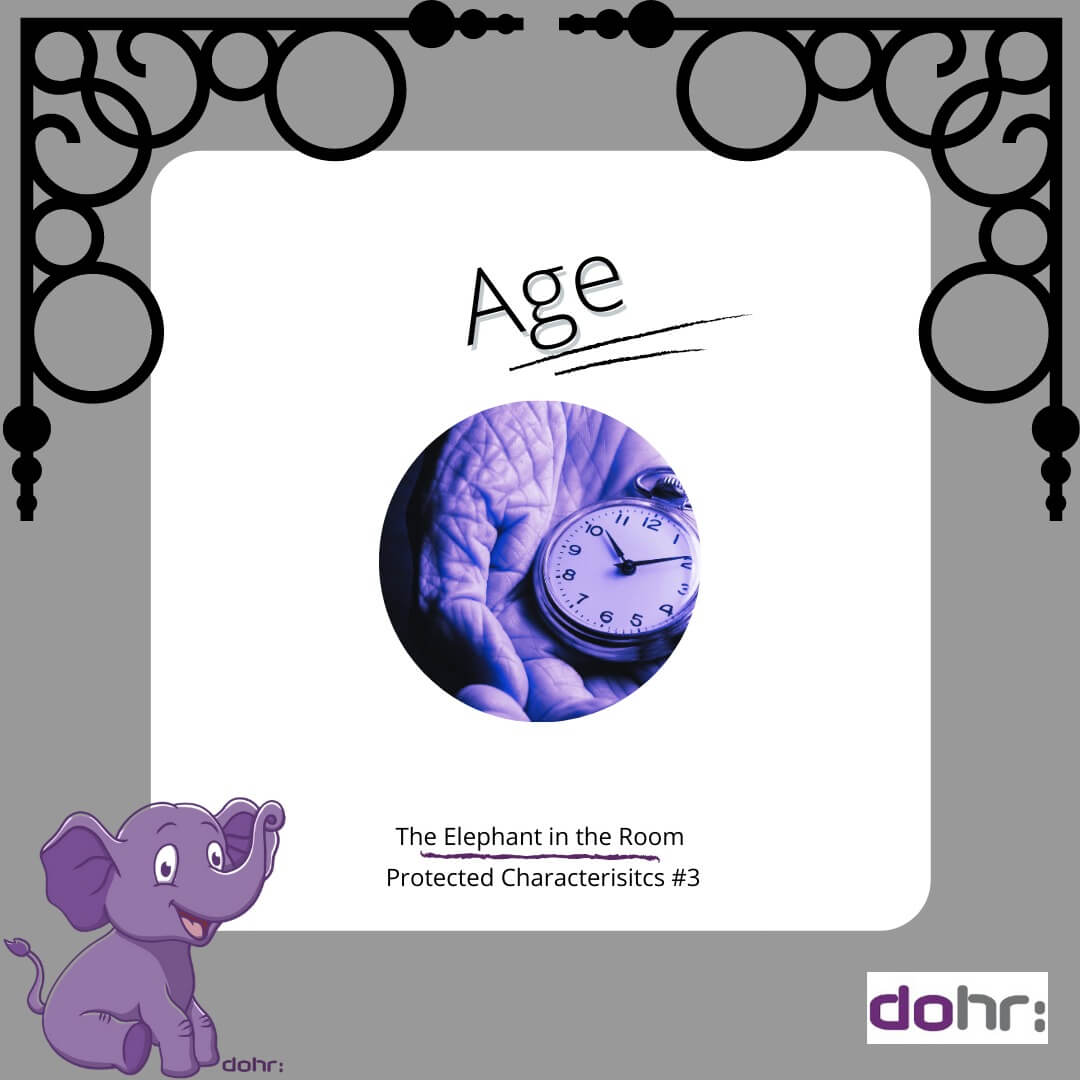While it is not unlawful for a potential or current employer to ask you your age, it is unlawful for them to make decisions based on your age.
On this basis, many hiring employers don’t ask about age because they don’t want to run the risk of an age discrimination from someone before they even join the busines.
Likewise, an employer cannot make decisions about promotions, roles, redundancy or termination based on age or they will be breaking the law and potentially face age discrimination claims.
It gets even more complex when comments are made which can imply an age related decision eg. “We are looking for a junior who can be trained up”, “we are looking for a senior to take the lead”, “we think you will be better suited to a more traditional office culture”, “our newer hires can do that work in a fraction of the time”.
Like all protected characteristics, age discrimination can be direct or indirect or even assumed i.e. someone is treated in a certain way because they are believed to be of a certain age, when in fact they are not.
People must be offered jobs and allowed to thrive in their jobs based on their performance and totally independent of their age. Although experience does come into it, a 20 year old who has been working since they left school at 16, may be more capable in a job than a 25 year old who has lots of academic qualifications, but no work experience or management experience.
In an attempt to remove the risk of age discrimination, it has been suggested that employers recruit ‘age blind’, removing education dates, employment dates etc. from the CV or application form. Personally, I do not think this is the way to solve the problem. In my experience, employers then spend far too much time trying to work out the persons age based on other clues in the CV, potentially jumping to the wrong conclusions and discriminating by accident as a result.
Personally, I am absolutely useless at identifying someone’s age.
I once got asked for present ideas for a 100-year-old who I would have put money on being in his mid 70’s. I only ever saw him teaching children to play chess, he was on his feet an entire day, he could feedback the games move for move showing the kids where they had gone wrong or where they had switched the game in their favour. I was astounded to discover he was celebrating his 100th birthday and even asked someone to check before we made a big mistake‼!
Until April 2011, there was a default retirement age of 65. This meant that employers could force employees to retire when they reached their 65th birthday. For many people this wasn’t a case of being forced, it was what they expected and for many women, this was 60 years old when they could claim their pensions.
Today, there is no retirement age. This has made things incredibly difficult for employers as the only way to manage out an employee who can no longer do their job is to performance manage them, usually through the company capability or disciplinary process. This is horrible for both the employer and the employee, especially when that employee has been a fantastic worker for years and is now only struggling due to their physical or mental aging. Even trying to have without prejudice conversation can be taken the wrong way and turned into a bullying, harassment or age discrimination claim.
Age tells us a lot about someone, but it also tells us nothing!
“Don’t judge a book by it’s cover”.
Don’t make assumptions about people based on their age. The ‘young’ may surprise, the ‘old’ may disappoint, or visa versa.
In a post pandemic workplace, there is a lot of concern about age:
- The young not having the education or the skills.
- The old being too expensive.
- The young not having the experience
- The old having the wrong type of experience
What is ‘young’?
What is ‘old’?
When does one stop being ‘young’ and become ‘old’?
Is there anything in between ‘young’ and ‘old’ and if so,
how long can one dwell in such a space?
Age is another Elephant in the Room. Something employers do not want to talk about for fear of upsetting people or discriminating against them.
Create a culture in which everyone feels valued, regardless of their age (or any other protected characteristic).





